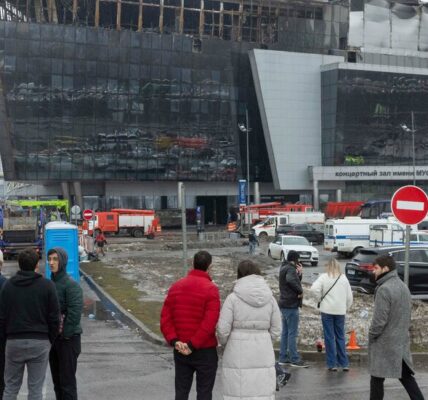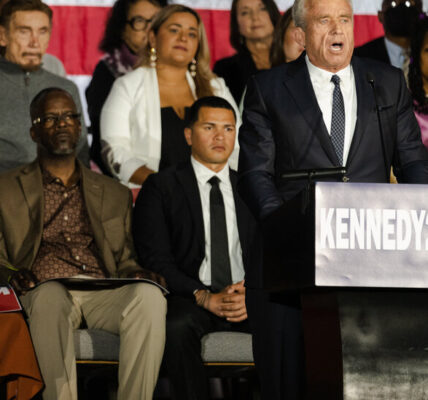But some families, even Orthodox Jewish families, were not deterred by the bad publicity.
“Getting accepted to Harvard is still getting accepted to Harvard,” said Rivka Scheinfeld, whose daughter, Tamar, a student at YULA High School, a Jewish day school in Los Angeles, was accepted early. Tamar said she applied after Oct. 7, and thought she could be a voice against antisemitism. “I want to go, I want to advocate for something that I know is right,” she said.
Many schools have been shaken by protests over the war in Gaza, as well as by complaints of antisemitism and Islamophobia over the last few months. Brown saw its share of campus conflict over the war, with dozens of students arrested for trespassing following two sit-ins on campus.
But the University of Pennsylvania saw record applications — 65,230 — a nearly 10 percent rise from the year before, despite criticism of its then-president, M. Elizabeth Magill, for her legalistic testimony on antisemitism in the House hearing.
One significant difference between Harvard and Penn: Ms. Magill resigned swiftly — on Dec. 9, four days after her testimony. Dr. Gay, who testified the same day, lingered on until Jan. 2, as accusations of plagiarism against her mounted on top of the complaints that she had not taken a strong enough stance against antisemitism.
Overall, Harvard received 54,008 undergraduate applications in this admissions cycle, compared with 56,937 last year, a drop of about 5 percent. That continues a trend that began with early applications, which were down 17 percent this cycle. Regular applications were down by almost 3 percent, to 46,087 from 47,384.




